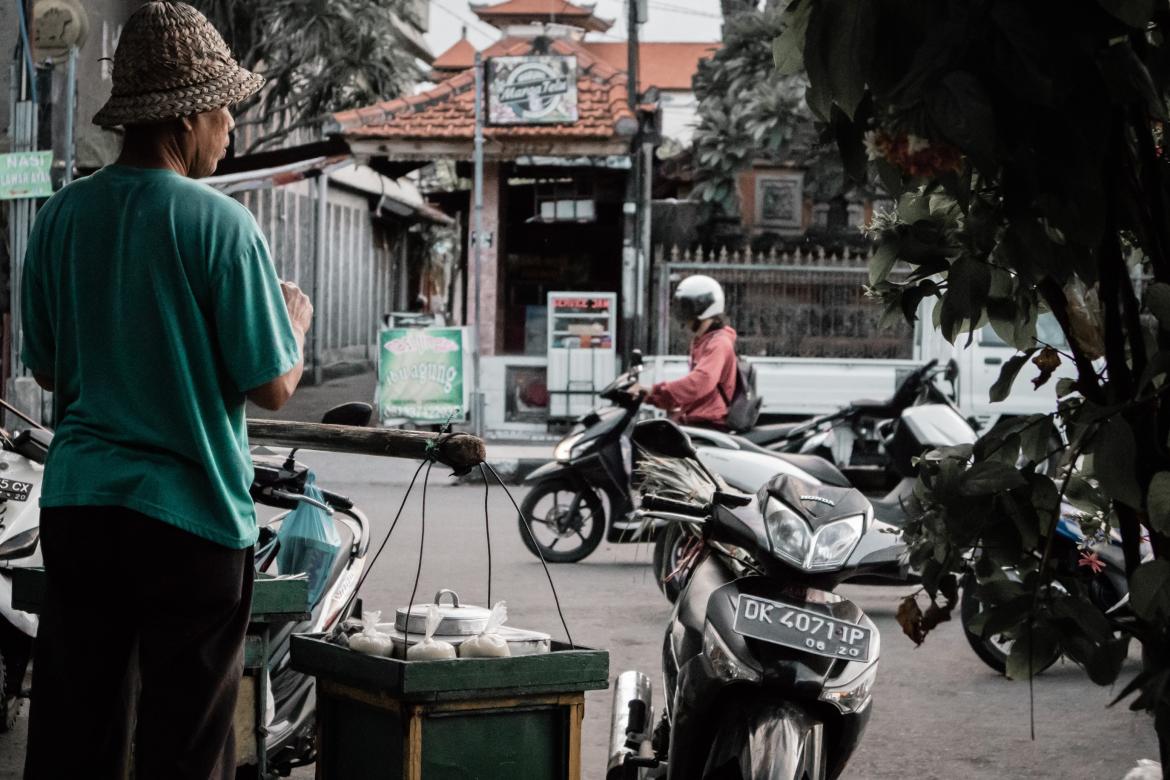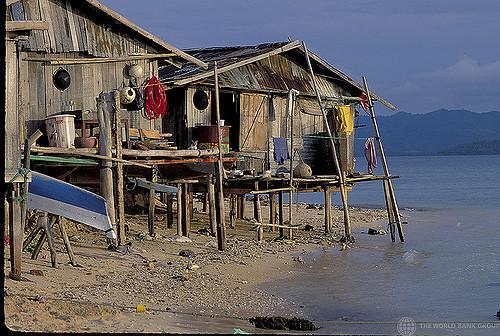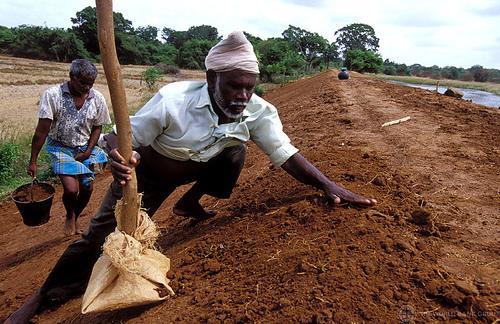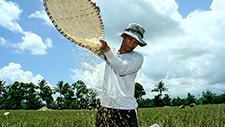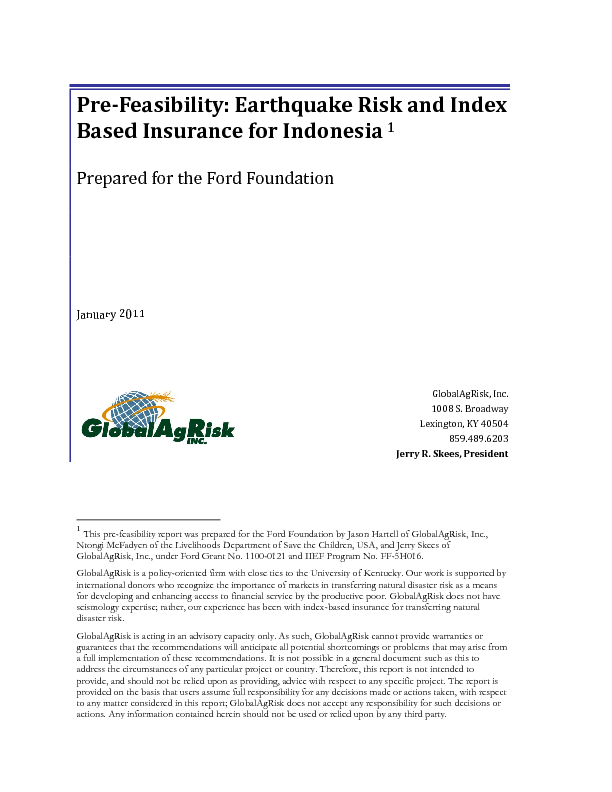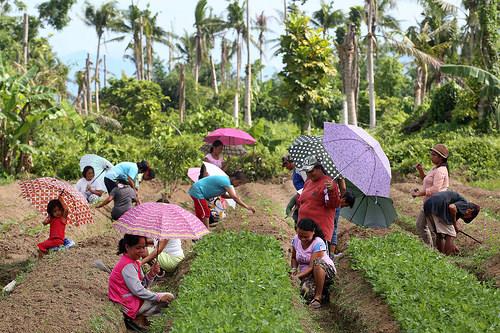Content owner:
Global Index Insurance Facility
Topics:
A newly designed product detail brochure for Earthquake Index Insurance (EQII) is available for digital viewing. Since 2014, PT Reasuransi MAIPARK and GIIF have been developing EQII, a new insurance product that triggers an automatic payout based on pre-determined earthquake parameters. EQII is designed to protect the lending portfolios of banks and microfinance institutions (MFIs) from liquidity crises in the aftermath of an earthquake. The intended insured party of this product is a bank/MFI. Also available in Bahasa Indonesia.

